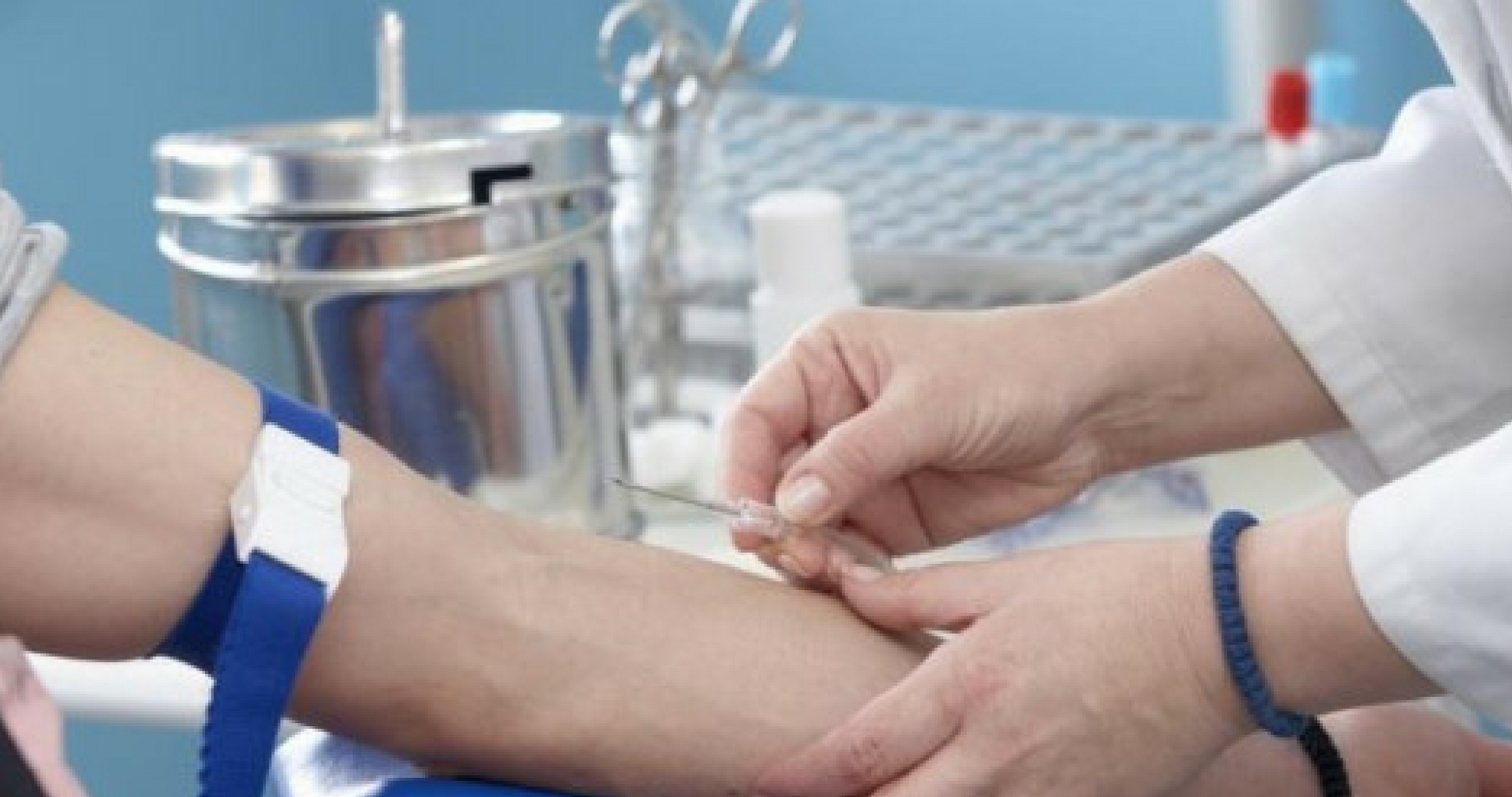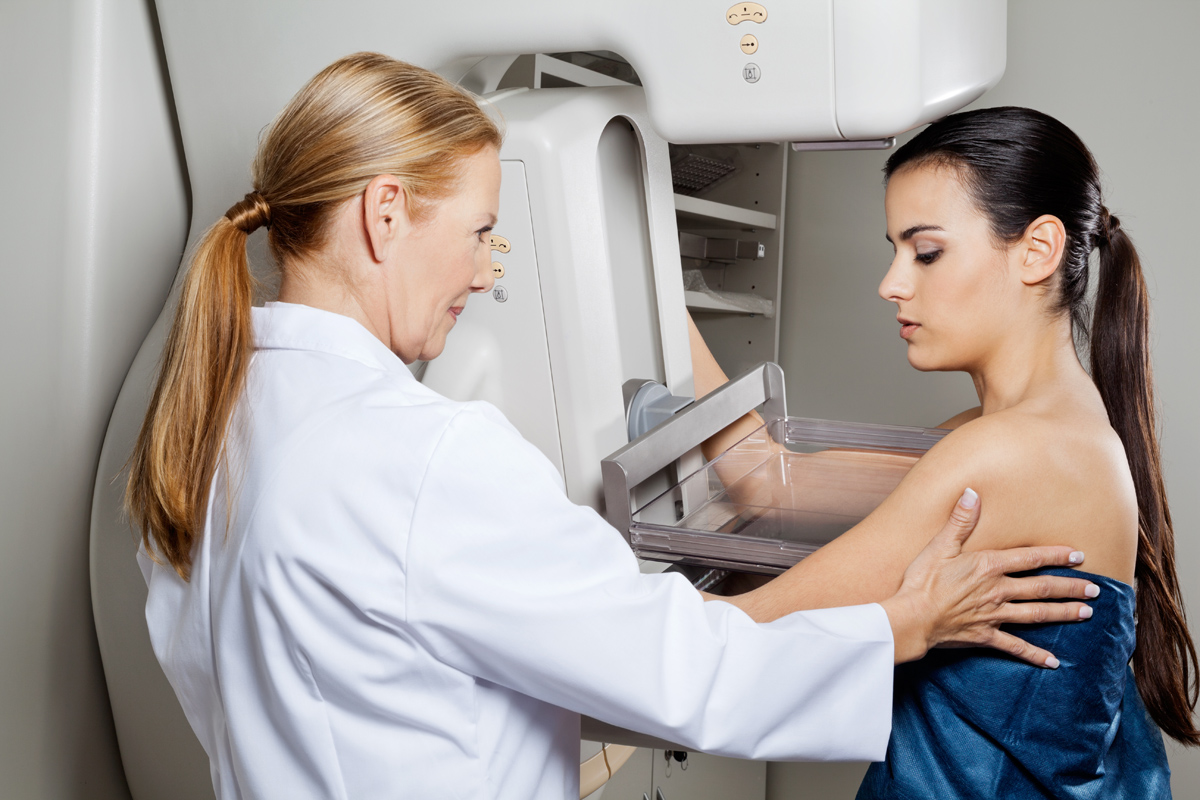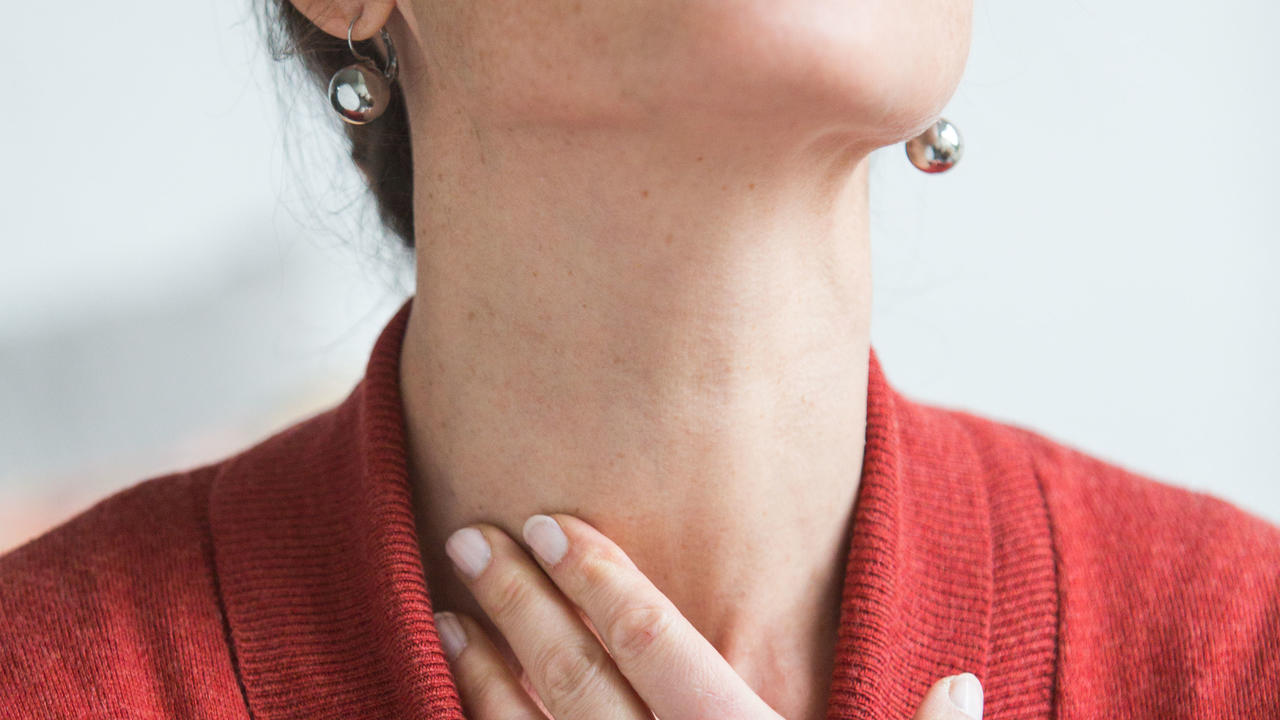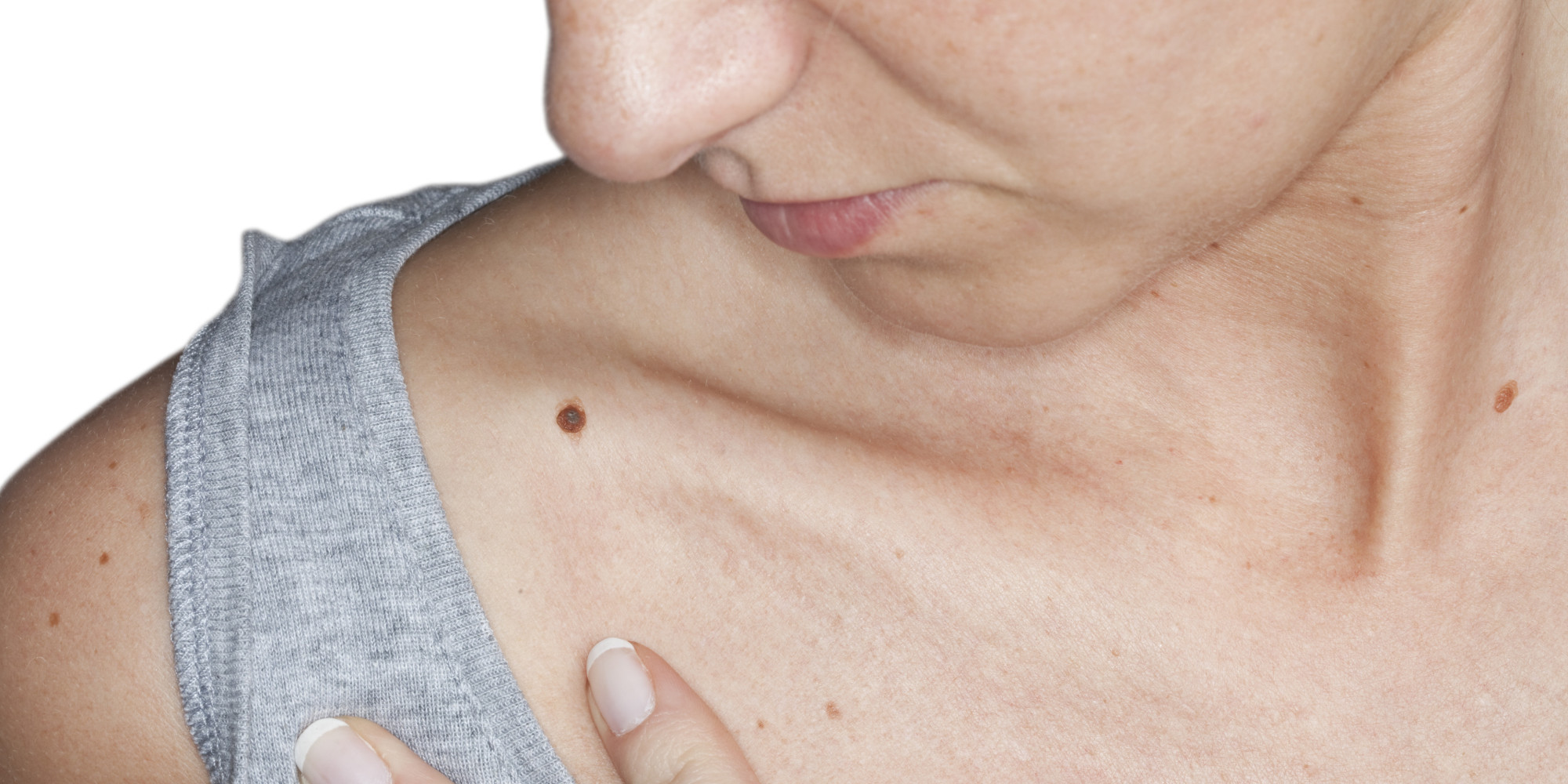Ask any doctor or health expert and they will tell you that prevention is key to staying healthy. One surefire way to of making you're in good health at every age is to schedule regular check ups. There are a plethora of diseases and conditions that women have a higher risk of contracting and your annual physical check up isn't enough to detect them all.
Here are 10 medical screenings that every woman should get at different stages of life to make sure they're in the best shape possible.
1. Pap Smear
Cervical cancer related deaths have declined by 74% over the last 50 years due to Pap smears according to the American Cancer Society. Administering a Pap smear is the best way for doctors to detect human-papillomavirus (HPV) which causes this specific cancer.

If you're 21 or older, you should be getting Paps at least every other year. If you're HIV positive, have an STI, multiple sexual partners or are a smoker then you should be getting a Pap annually.
2. Breast Examination/Mammogram
Similar to the Pap smear, regular breast examination and mammograms are the best ways to screen for breast cancer. Breast cancer kills about 1 in 37 women in the U.S per the American Cancer Society therefore early detection is key to stopping it in its tracks and prevent it from reoccurring.
Manual clinical breast examinations are recommended during your yearly physical starting at the age of 20. For women aged 40 and up, you should have an annual mammogram (x ray of the breasts). Dr. Holly Thacker suggests scheduling your mammograms right after your period because "that's when the breasts are least tender."
3. Diabetes Screening
Diabetes has many hidden symptoms that don't manifest until it's too late. Even though you may feel and appear healthy, it is important to check your system for signs of the chronic disease. There are currently 8 million Americans with undiagnosed diabetes and to avoid being one of them you should ask your doctor to check your glucose absorption levels through a blood test.
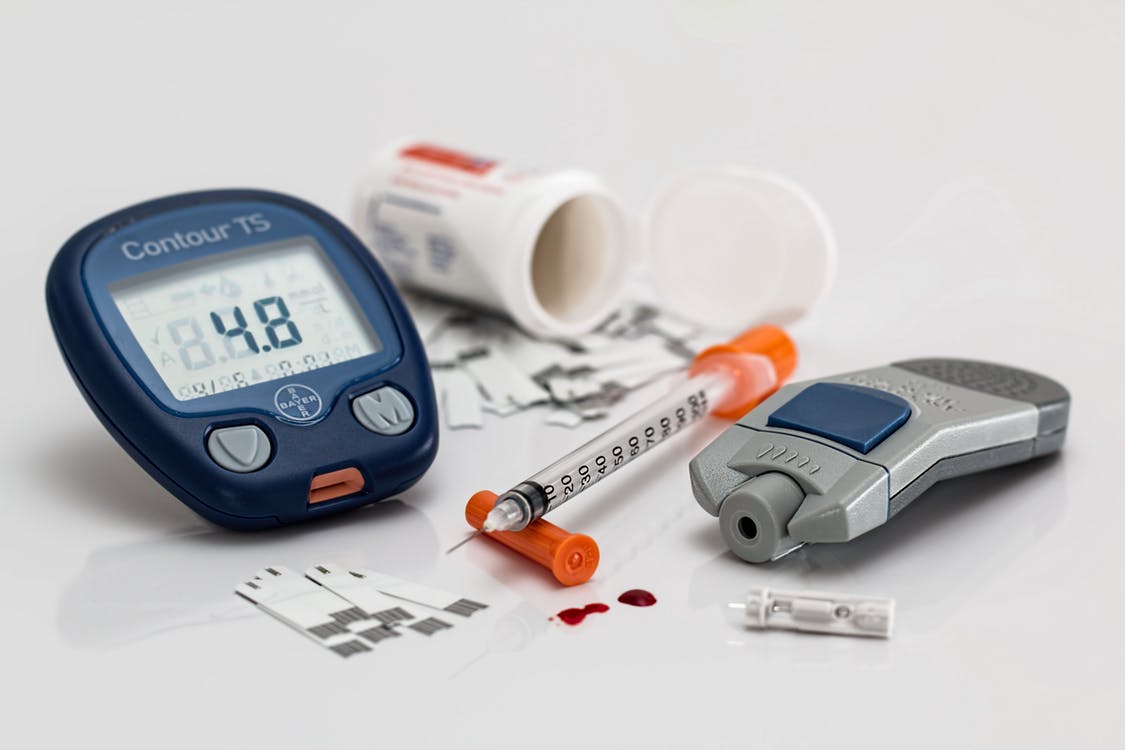
If you don't present any risk factors, then you should get tested every 3 years from the age of 45 onwards. If you're pregnant, overweight or have a family history of diabetes or heart problems, then you should get tested younger. You don't have to visit your doctor to have the test done, most major chain drugstores across the country offer the test free of charge.
4. Thyroid Test
Due to the presence of hormones, women are at a higher risk for thyroid-related diseases such as hypothyroidism, goiter and thyroid cancer. An under or overactive thyroid is the root for many problems including weight fluctuations, fatigue and insomnia.
The American Thyroid Association (ATA) recommends the TSH test, a blood test to measure the level of thyroid-stimulating hormone in the body, to be taken every 3 to 5 years starting at the age of 35 then annually after the age of 60. While some doctors don't agree with the ATA since thyroid problems don't manifest until later in life, if you suspect you have symptoms of hypothyroidism or hyperthyroidism then you should bring it up on your next doctor's visit.
Continue on the next page for more screenings every woman should have including a bone density test.
5. Comprehensive Ear & Eye Exam
More than 28 million Americans are hard of hearing and many among them don't even know it. To keep your hearing in tip top shape, you should set up an appointment with a specialist every 2 to 5 years for an audiogram, especially if you have a family history of hearing impairment. The audiologist will check your "ability to discriminate between tones of different frequencies," said David Fabry, Ph.D, former president of the Academy of Audiology.
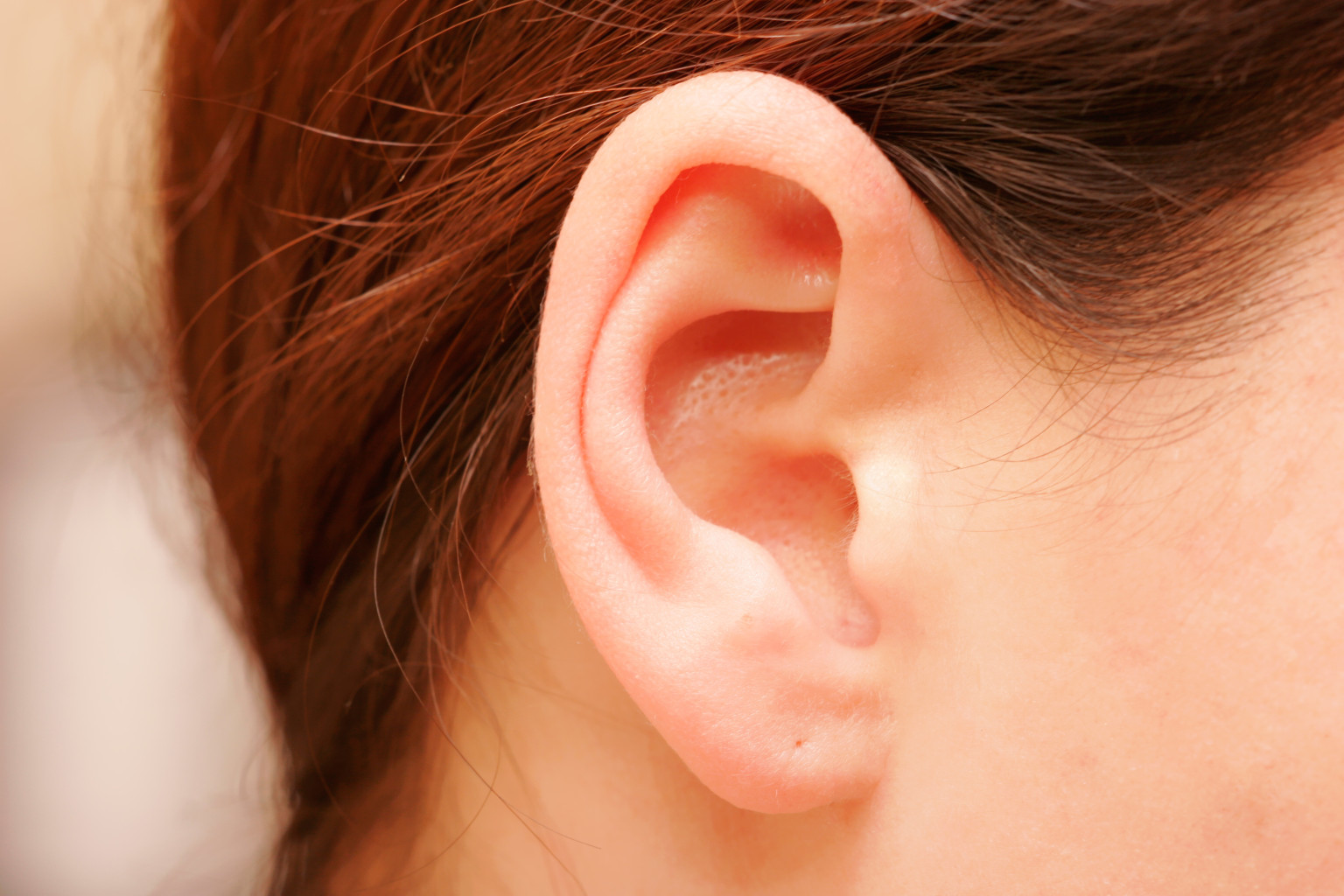
As for your eyes, there's a high chance you'd notice something wrong as soon as symptoms like blurry vision and light flashes begin to occur frequently, but then again a woman recently had 27 contact lenses removed from her eye after failing to mention the strange feeling in her eye to her optometrist.
Women have a higher chance of developing age-related eye disorder such as macular degeneration, so it is important to take a vision test every 1 to 3 years between the ages of 18 and 61 as recommended by the American Optometric Association. If you posses other health problem like diabetes, you might need to see an optometrist more often as your doctor sees fit.
6. Fecal Occult Blood Test & Colonoscopy
As you may have already predicted this test has a lot to do with stool. The Fecal Occult Blood Test (FOBT) checks for blood in the stool which is invisible to the naked eye. This test is the tried and true method for early detection of colon cancer, Crohn's disease and ulcerative colitis.

If you already have intestinal problems, then your doctor may suggest that you take the test earlier otherwise annual testing begins at age 50.
Most people who take the FOBT don't require a colonoscopy unless something is wrong. Since it is a more expensive screening, it is usually recommended after a FOBT returns positive.
7. Blood Pressure Check
A blood pressure check is probably the easiest test you can get done and it can save your life. There are approximately 75 million Americans who suffer from heart diseases and half of them are women. A high blood pressure (over 140/90) puts stress on your heart and makes your prone to heart attacks and stroke.
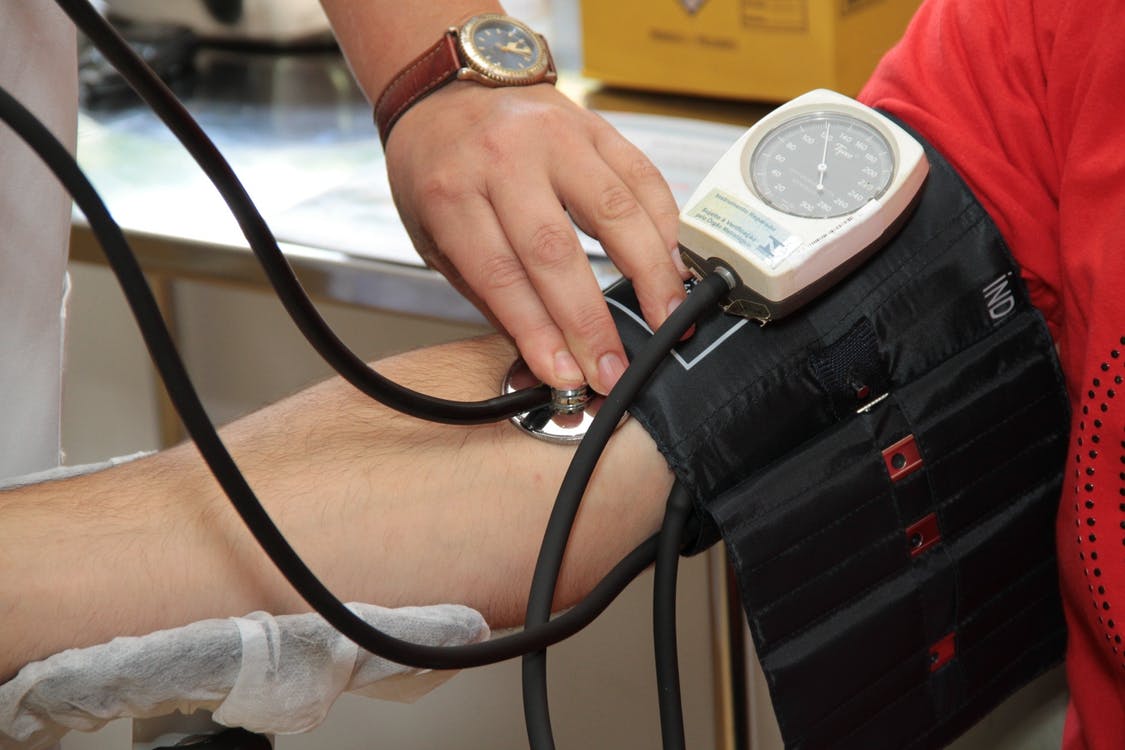
You can get your blood pressure reading done during your annual physical examination or by yourself at any major drugstore. 120/80 is the magic number, anything under or over should be brought up to your doctor.
Continue on the next page for even more health tests that can help save your life.
8. Bone Density Test
Osteoporosis is a serious bone disease that affects 10 million Americans, the majority of which are women. The disease occurs when the bones can no longer retain calcium causing them to be weak and brittle.
DXA, a special X-ray screening is a safe and non-invasive method of measuring bone-density. The first test is usually recommended at the age of 65 and can be repeated every 5 years thereafter. Some doctors recommended an earlier screening when you've reached menopause because low estrogen levels play a role in the formation of Osteoporosis.
9. Lipid Profile/Cholesterol Screening
Aside from blood pressure checks, a lipid profile is one of the most effective methods of measuring your risk of heart-disease.

A lipoprotein profile measure the levels of cholesterol in your blood including both low and high density lipoprotein cholesterol and triglycerides to determine if you're at risk. Tests begin at the age of 20 and should be done at least every 5 years until the age of 45, after which they should be done annually.
10. Skin Cancer Test
Melanoma is one of the most common forms of cancer in the U.S. It may disguise itself as a mole and go undetected until it is too late. There is one type of melanoma that is deadly, otherwise Basal-cell and squamous-cell carcinomas, the most common forms of the skin cancer are 100% curable if caught at an early stage.
Contrary to popular belief, the cancer can affect anyone including young people and people of color so it is important to pay attention to changes on your skin such as new mole growths and bring them up to your doctor's attention.
A monthly personal "mole check" is recommended by experts but you can also opt for a free skin cancer screening at your local clinic or drug store. Women who spend a lot of time under the sun or in tanning beds, those with fair skin, freckles, red or blond hair should check their skin more often than the recommended frequency. Regular visits to the dermatologist to examine your scalp, ears and other hard to see areas are also important preventative measures.
Do you get regular health screenings? Let us know in the comments!
[H/T: Caring.com/Real Simple]
